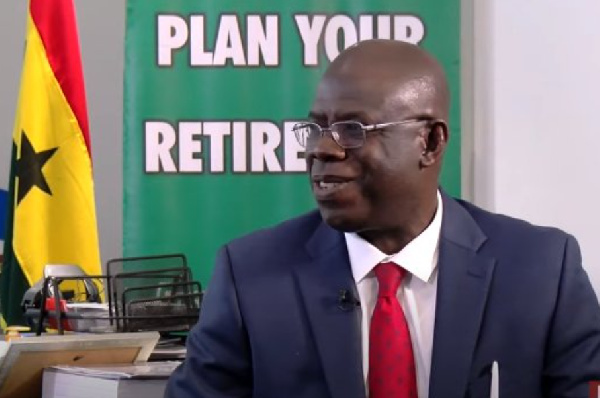Demand for public sponsored social interventions could rise in the coming years if nothing is done to increase the number of active working Ghanaians contributing towards retirement, the National Pensions Regulatory Authority (NPRA), has said.
It is estimated that the government would need to allocate around GH¢270 million to the Livelihood Empowerment Against Poverty (LEAP) programme yearly, while GH¢1.7 billion was allocated to the National Health Insurance Scheme (NHIS) in 2019. Apart from these, programmes such as the Ghana School Feeding Programme (GSFP), the Capitation Grant and the Labour Intensive Public Works (LIPW) programme consume a significant amount of public funds.
The Authority is therefore worried that financial commitments to these programmes could increase substantially in the coming years if steps are not taking to increase pension coverage.
This is because, of the country’s 11 million active labour force, 7.7 million, representing 70 per cent are non-active pension contributors, a situation the sector’s regulator, warns could increase the government’s expenditure on social interventions programmes like the LEAP, which provide cash transfers to the very poor, particularly the aged and erode gains made towards reducing old-age poverty.
The high number of non-pension contributors is driven by the informal sector, where only three per cent of the sector’s 7.9 million active workers are without any formal social security protection, data from NPRA’s 2019 report said.
“These people would depend on the government and benevolence of others to have their daily meal. The government would have to them put on Livelihood Empowerment Against Poverty and other social intervention programmes for support. This will increase government expenditure which could have been avoided if they had contributed to a pension scheme,” NPRA’s Chief Executive Officer, Hayford Atta Krufi, told the B&FT.
He added: “As a country, we are losing a huge source of investment capital in the form of pension contributions that will be gathered from the contributions of the informal sector workers. This can be used for long term investment projects which have the potential of aiding our development.
Many developed countries have reached where they are because they developed their pension sector such that they were able to accumulate funds for developmental projects. Essentially pension funds are described as a cheap source of long-term funds that can be borrowed for long developmental projects.”
For the individuals, he said the implication is very dire because they will not have any regular source of income to rely on for their upkeep.
Although the Authority said it believes the majority of people working in the informal sector might be earning good income today, but because of the wrong perception about pension, they are unwilling to contribute to a pension scheme for their future income security.
“It is part of our mandate as an Authority to help and encourage people in the informal sector to be on pension schemes so they can also retire on pensions as their colleagues in the formal sector.
The Authority is therefore very much concern about these figures. In a country where the majority of our labour force is not on any form of pension system speaks of how bleak our future is. It is very worrying to see these huge numbers of Ghanaians not having any source of regular income in their old age to enable them to have a decent life.”










